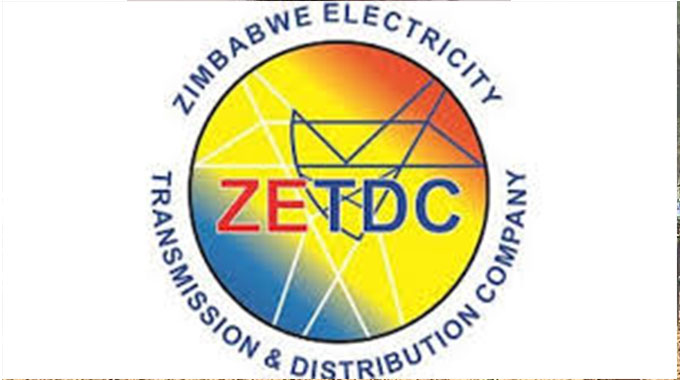Zera approves power tariff hike

Oliver Kazunga, Senior Business Reporter
THE Zimbabwe Energy Regulatory Authority (Zera) has approved an electricity tariff increase of ZWL162,16c per kilowatt hour following a recent application by Zesa to adjust the charge to promote viability and better service delivery.
Zesa Holdings through its subsidiary, the Zimbabwe Electricity Transmission and Distribution Company (ZETDC) had applied to increase the power tariffs from 38,61c/kWh saying that the previous rate had been eroded by the movement of macro-economic fundamentals.
As a result, Zesa said viability and service delivery has been severely compromised. The latest increase is 319 percent.
Yesterday Zera said it had approved the new power tariff increase informed by an analysis of the prevailing situation where Zesa had embarked on 18 hours of load shedding on most consumers as well as the high cost of alternative energy supplies.
“The authority analysed the current situation characterised by about 18 hours of load shedding on most consumer groups, the high cost of alternative energy supplies, the deterioration of the tariff being charged against what is deemed cost reflective and made the following approval:
“An average tariff at ZETDC level of ZWL162,16c/kWh effective October 3, 2019; revenue requirement of ZWL$2,916 billion for the period October to December 2019; electricity sales to consumers of 1,798,314,660kWh for the period October to December 2019.”
In addition, Zera also approved the application for an indexation formula beginning next month to enable the electricity company to recover from inflation and exchange rate changes.
“The actual tariffs recognise the need to cushion the domestic customers as well as the agricultural sector.
“In the domestic sector, the lifeline band covering 50 units is still maintained at a price of ZWL41c/kWh. There is also a special tariff structure for agricultural customers as a way of cushioning that sector,” it said.
Following the latest power tariff, the energy regulator said it expects a significant improvement in electricity supply position from the Zimbabwe Power Company (ZPC), another subsidiary of Zesa, which is responsible for generating electricity.
Zera also expects reduced load shedding hours and improved reliability of supply from ZETDC as the company is able to import electricity from the Southern African Power Pool.
In addition, the regulatory authority anticipates more concerted energy efficiency measures from consumers to ensure power is put to good use. Among other expectations, ZETDC is also expected to collect more than $1 billion it is owed by various customers.
Recently, Energy and Power Development Minister Advocate Fortune Chasi said while Zesa is owed about ZWL$1,2 billion and in turn owed regional power utilities over US$70 million, consumers played a part in bankrupting the power utility by failing to pay their bills on time.
As a result, this was now causing Zesa to fail to provide the much-needed electricity and, thus, precipitating load shedding as the power utility was struggling to settle regional obligations to enable more power imports to augment the dwindling local production.
At the moment, Zimbabwe’s demand for power hovers around 2 000MW but due to ageing equipment and the adverse effects of climatic conditions, existing power plants were generating far below the national requirement. According to ZPC, yesterday the country was producing a total of 680MW. — @okazunga.









Comments